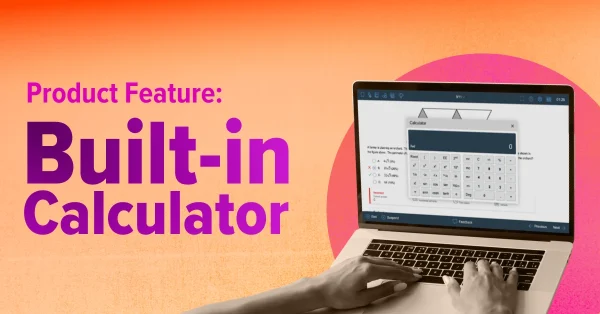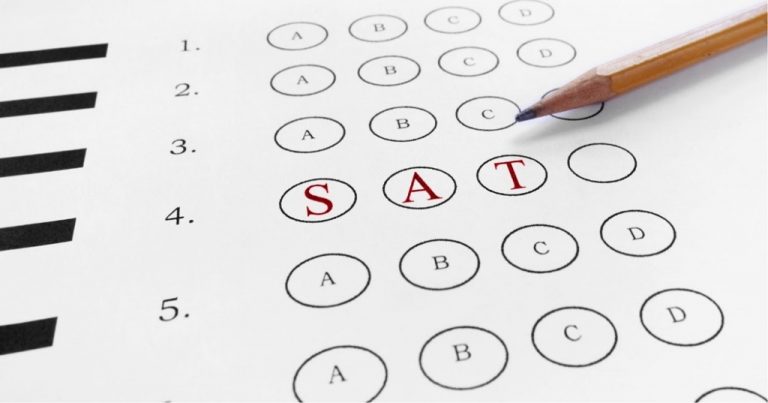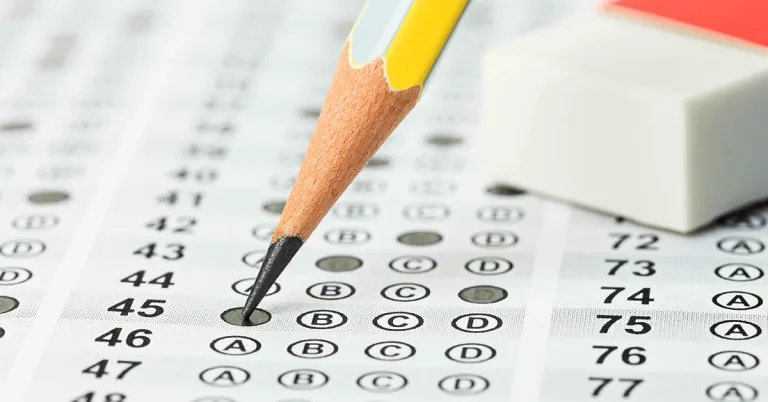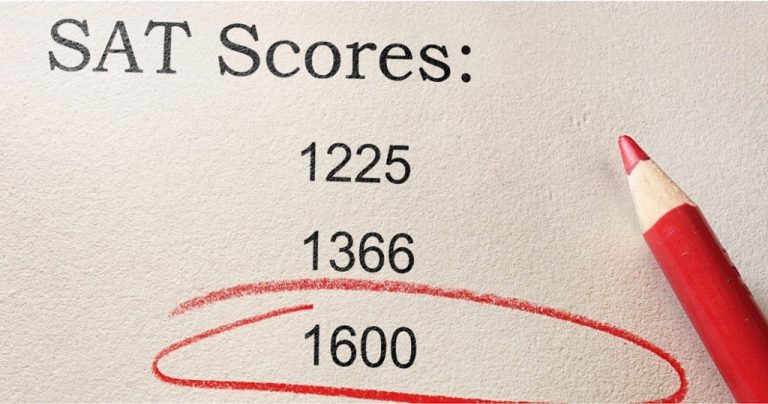The UWorld College Prep Blog

How to Tackle SAT® Literary Fiction Passages | Tips, Tricks, and Strategies for 2026–27
Literary fiction passages on the 2026-2027 digital SAT® can feel tricky because they rely on tone, character insight, and implied meaning rather than simple facts. With a clear step-by-step strategy and targeted practice, you can read faster, avoid trap answers, and turn these questions into score boosters.
Recent Articles

SAT® Experimental Questions | What They Are and Do They Count?
If you have ever taken a practice test and wondered, “Does the SAT have experimental questions?”, the short answer is yes. On the digital SAT, the College Board includes pretest (experimental) questions inside each module. They look like regular questions, but they do not count toward your score.
That is why it is smarter to understand how SAT experimental questions work than to waste time trying to spot them.

SAT® Word Choice (Diction) Questions | How to Spot and Fix Errors
SAT® word choice questions test how well you can recognize precise, accurate language in context. These questions focus on meaning, tone, and clarity rather than memorizing difficult vocabulary. Understanding SAT diction helps you avoid subtle errors that change an author’s intent. This guide breaks down how to identify common traps and fix word choice mistakes efficiently.

Hardest SAT® English (Reading & Writing) Questions
If SAT® English feels harder the closer you get to a high score, that’s not a coincidence. The hardest SAT Reading and Writing questions are designed to trip up even strong students by testing judgment, timing, and precision, not just grammar rules or reading ability. This page breaks down which questions are the hardest, why they feel that way, and how to approach them more effectively on the Digital SAT.

Subject Verb Agreement Questions on the SAT® RW Section | Practice Tips & Strategies
Subject-verb agreement is a crucial skill for achieving strong performance in the Digital SAT® Reading and Writing section. This guide explains the essential rules and common traps with SAT-style practice that help you master this grammar topic and boost accuracy across the exam.

Digital Built-In SAT® Calculator Guide | Features, Usage, and Strategies to Score Higher
The Digital SAT® gives you one major advantage that previous test formats never had: a built-in Desmos-style calculator available on every math question. This guide walks you through what the Digital SAT built-in calculator is, how it works, and how to get comfortable using it during practice and on test day.

SAT® Reading History Passage Tips | How to Read Effectively
SAT® history passages can feel intimidating at first. These passages often include formal language and complex arguments from historical texts. This guide explains how SAT history passages work and shares practical tips to read them accurately and efficiently.
All Articles

What Is a Raw Score on the SAT® Exam?
Learn how SAT raw score is scaled to calculate your overall marks and why raw test results are converted to a standardized SAT score.

How to Send Scores to Colleges
Get guidance on how to send your SAT score to different colleges, the number of free submissions allowed, and how to use score choice to improve your admission chances.

How to Verify Your SAT® Score
When you score less than expected, try SAT® score verification! Read about SAT Question and Answer Service, Student and Answer Service and more.

How Is the SAT® Exam Scored?
Learn about sections present in SAT and how your marks are scored. Get answers to common questions like Is there a penalty for guessing? What is the raw score? How

What’s Tested on the SAT® Math Section?
Learn about the SAT math exam format and know the types of questions frequently asked from math topics such as Algebra, Problem Solving, Advanced Math, and Geometry.

What Is Tested on the SAT® Writing Section?
The SAT® Writing section will test your editing skills and knowledge of standard English conventions.Read this article to learn about useful tips on how to score high on test-specific writing
Curious About Class and Test Resources?
Get a clear overview of what the SAT measures, why it matters for college admissions, and what you’ll encounter on test day.
Explore how the SAT is structured, including section breakdowns, timing, and questions you’ll face.
Review key content areas and subject matter covered on the SAT so you know what to focus on while studying.
Explore how each part of the SAT contributes to your final score and the scoring criteria used.
Discover helpful tips and effective study strategies to organize your prep and work toward your goal score.
Stay updated on when to take the SAT, how to register, and what costs to expect.
Learn about official SAT policies and how to request testing accommodations if you need them.
Understand how the SAT and ACT compare in format, content, and scoring so you can create the best college admissions strategy for you.
Access helpful resources and guidance for international students planning to take the SAT.
Understand what’s covered on the math portion of the SAT, including topics, format, and tips for solving problems.
Understand what’s covered on the reading and writing portion of the SAT, including passage types, question formats, and key skills tested.
Learn what the ACT measures, how it supports college admissions, and what to expect from each section.
Get to know the ACT exam format: its structure, content sections, question types, and time limits.
Explore the ACT syllabus and topics to understand precisely what’s covered on the test.
Understand how the ACT is scored, how each section contributes, and what your score means.
Discover study strategies, planning tools, and tips to help you excel on the ACT.
Find out who can take the ACT, how to register, when it’s offered, and what fees to expect.
Review key ACT policies and learn how to request accommodations for extra support.
Compare the ACT and SAT to decide which test, or combination, best suits your goals.
Access resources and registration information for international students preparing for the ACT.
Understand what’s covered on the ACT math section, including topics, formats, and problem-solving skills.
See what to expect in the ACT English section, including grammar rules, sentence structure, and editing skills.
Learn about the ACT reading section, including passage types, reading skills, and question strategies.
Explore what’s tested on the ACT science section, including data analysis, experiment summaries, and graphs.
Get an overview of the ACT writing test, what’s required in your essay, how it’s evaluated, and tips for deciding if you should take it.
Study ecosystems, evolution, genetics, and molecular biology.
Learn limits, derivatives, integrals, and core calculus concepts.
Explore advanced calculus topics beyond Calculus AB.
Understand atomic structure, bonding, and thermodynamics.
Build skills in analysis, composition, and argumentation.
Analyze poetry, prose, drama, and literary techniques.
Study ecosystems, environmental issues, and sustainability solutions.
Explore migration, land use, and global human-environment patterns.
Understand supply, demand, growth, inflation, and fiscal policy.
Learn kinematics, forces, motion, and problem-solving in physics.
Explore mental processes, development, and behavior in daily life.
Study data, probability, and inference through real-world analysis.
Study the Constitution and other key documents, plus political systems, civil rights, and policymaking.
Trace U.S. history through key events, documents, and historical themes.
Explore global change through political, economic, and cultural systems.